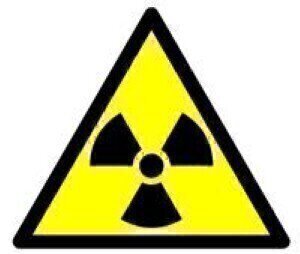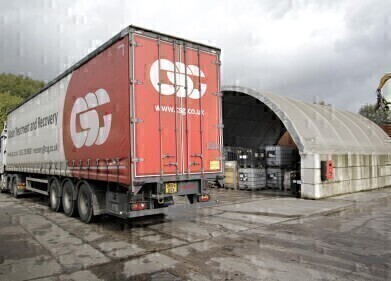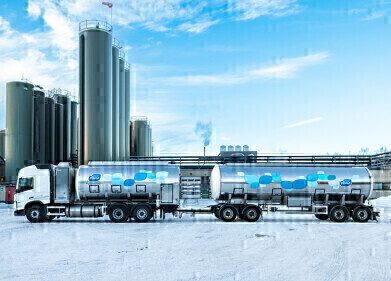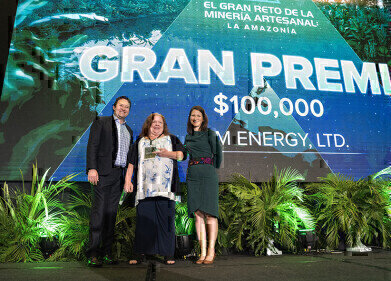Hazardous Waste
Rise in Electronics Consumption in Asia-Pacific Drives the E-Waste Recycling Market
Jun 14 2013
The rapid industrialisation and advancements in technology have led to the accumulation of electrical and electronic waste in Asia-Pacific, compelling governments to pass regulations mandating e-waste recycling. Apart from government impetus, the market has got a boost from the increasing awareness of the potential value of resources within e-waste.
New analysis from Frost & Sullivan (UK), Strategic Analysis of the Asia-Pacific E-Waste Recycling Market, finds that the market was worth US$1.85 billion in 2012 and is expected to reach US$4.01 billion in 2017.
Consumers are only interested in the usable lifetime of their devices and rarely concern themselves with its structural value or potential environmental impact. Most Asian consumers are still unaware of the lifetime of a component of a device past its use-by date and this increases the quantity of wastage from the disposal of end-of-life (EOL) items.
Taking a leaf out of the book of European markets that grew through the strict implementation of legislation, governments in Asia-Pacific are revising their own laws to improve e-waste recycling.
“As the Asia-Pacific is aiming to raise the standards of general waste management, recycling of e-waste has come into focus,” said Frost & Sullivan Energy & Environmental Research Analyst Prashanth Kay. “Though most countries in Asia-Pacific have not yet established comprehensive regulations on controlling the disposal of e-waste, efforts are being made to study the current state and potential of implementing the right regulatory infrastructure.”
The lack of regulations addressing e-waste has also made this region a global collection center for disposal. The abundance of e-waste creates significant opportunities for market participants. However, the lack of consumer awareness about the hazards of unprocessed disposal of electrical and electronic products hinders the market. Further, the heavy investments required to recover precious metals from e-waste processing deter participants.
“A key challenge for participants is finding sizeable amounts of e-waste to justify technological investments,” noted Kay. “Participants have to expand their network of collections through strategic collection points, especially since waste management standards have not been at par with global standards.”
In this highly competitive market, it is as common to see companies exit the market as it is to see new entrants. The ones that stay afloat are those that understand the need to increase their technological capabilities to maximise their output from recycling.
Events
WEATHER • CLIMATE • WATER / EARTH OBSERVATIONS / GREEN ECONOMY
Oct 29 2024 St. Petersburg, Russia
Oct 30 2024 Hong Kong
Nov 05 2024 Toronto, Canada
Nov 06 2024 Ho Chi Minh City, Vietnam
Nov 12 2024 Valencia, Spain













